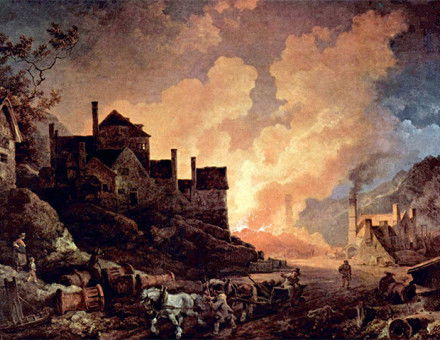The Birth of the Panama Canal, 1869—1914
Panama, and its American-controlled Canal Zone, have lately been the scene of a revolutionary flutter. W.H. Chaloner asks, what is the history of the building of the Canal, and of the United States connexion with it?



